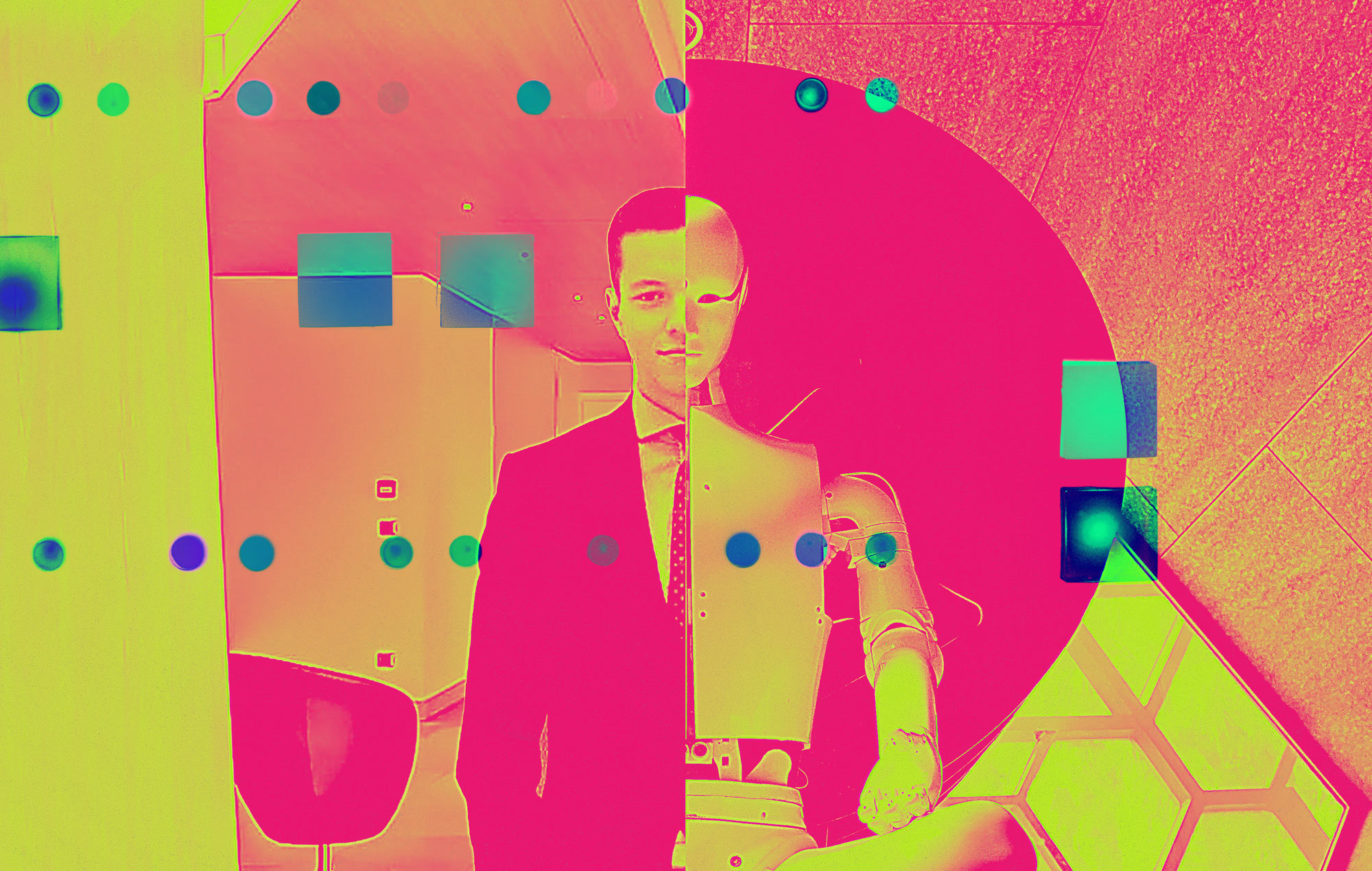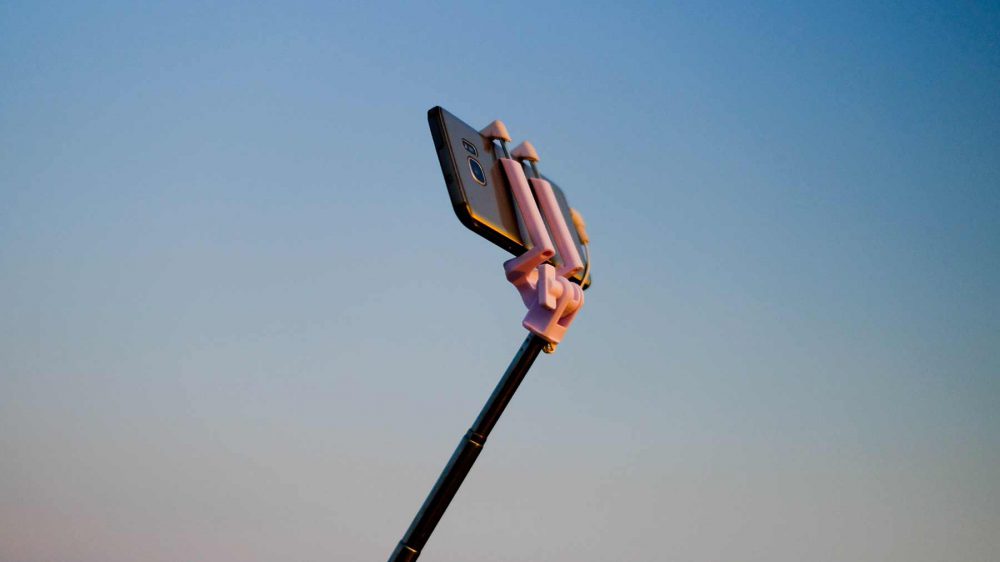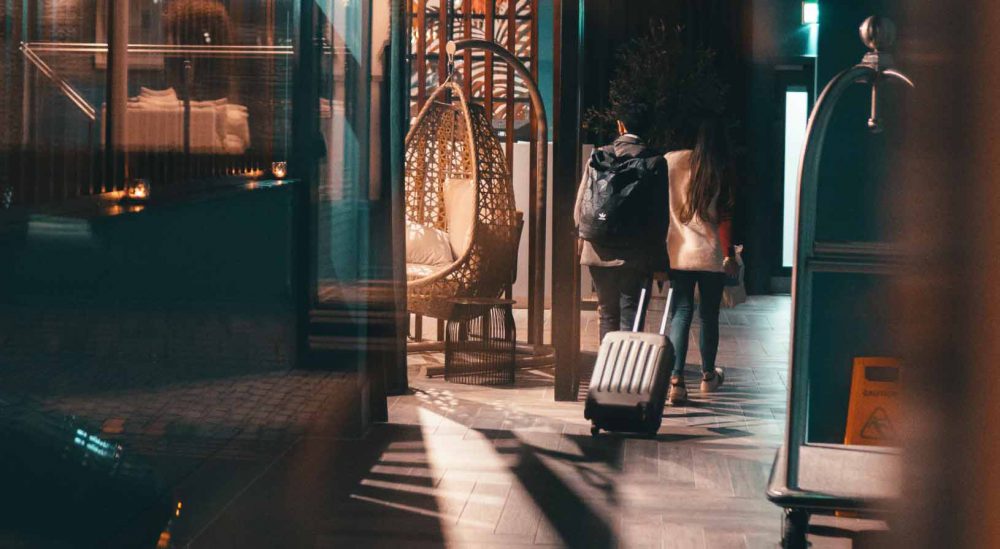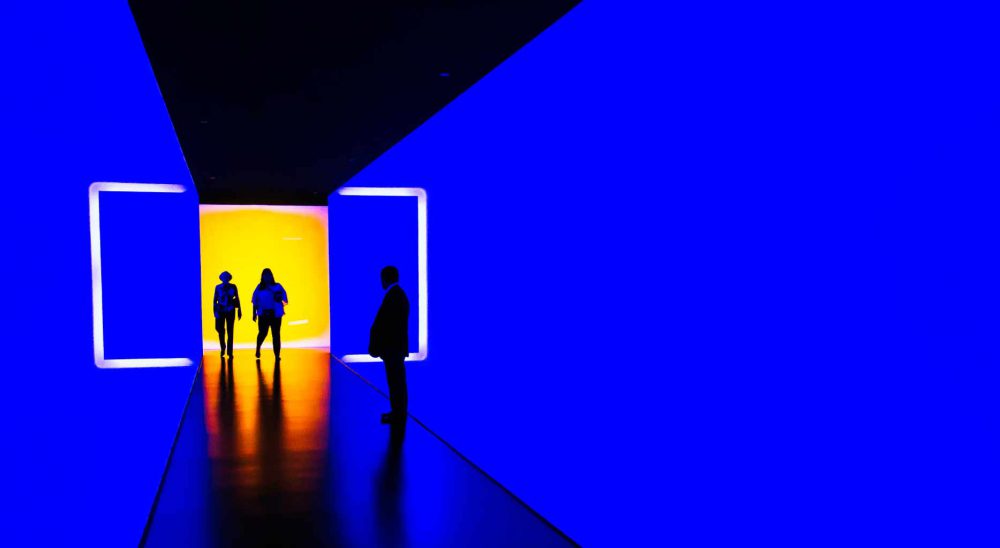The Hotel Lobby of the Future: Expert Opinions
November 23, 2021
Jeremy Wells
The hotel lobby of the future will be much different than it is today. As hotel technologies improve and become even more sophisticated, hoteliers will be able to offer various benefits to guests that they never before could.
Imagine a hotel lobby with no staff — where guests don’t even need to check-in and robots deliver room service and drinks. What if the hotel concierge was actually an A.I. who knew everything about you and your travel plans? For instance, it knew your flight was delayed 45 minutes, it booked your Uber ride to the hotel automatically, and had your favorite drink ready for you upon arrival? This may sound crazy, but this could very well be the hotel lobby of the future – a place where technology gives staff insight into what matters to their guests.
The possibilities are seemingly endless and incredibly fascinating to ponder, but no one really knows what the future holds. Nonetheless, I asked some good friends, and industry leaders to share their vision about what the hotel lobby of the future might look like. And I’m so glad I did!
Atit Jariwala
Founder & CEO, BRIDGETON
The lobby of the future, in the next 10 years, will have contrasting looks. On the one hand, we’ll have low-touch, somewhat commoditized experiences that you’d find in an Airbnb. These will be run by companies that focus on design/décor but less on actual service and run by companies such as Kasa, Mint House, Sonder, and dozens and dozens of others that will pop up. They will still offer services but will be a very low touchpoint and allow customers to book their own journeys through their apps. You’ll also have budget hotels that cut out labor as well that offer a somewhat similar level of experience but with a lower-end design.
Then on the other hand you’ll have more expensive, full-service experiences where humans will be guests’ personal concierge. They’ll go above and beyond to create truly differentiated experiences and customize your stay in an incredible way. I believe the middle tier – hotels that have marginal service with marginal design will become endangered as they will need to enhance or decrease their level of services to match their value proposition to customers.
Ariela Kiradjian
Partner & COO, The Boutique Lifestyle Leaders Association (BLLA)
I believe hotel lobbies will look pretty similar in a decade, actually. As technology advances quicker than we can blink an eye, there will be a need to reconnect us to nature whether that is mother nature or human nature. What we learned during “the hostel revolution” in 2016 is that community and human interaction are the keys to authentic travel experiences. I believe this concept will stay around until 2030; however, there will be new technological advancements that will remove unnecessary processes so that travelers and locals can focus on being present on property. I believe the check-in area and the lobby area will continue to become more integrated i.e. no more check-in desks but dedicated lounge areas integrated into the lobby with an iPad.
“Community and human interaction are the keys to authentic travel experiences”
Ariela Kiradjian
Right now, I am sitting at the Walker Hotel Tribeca in their lobby and noticing something very interesting here. They have partnered with Blue Bottle Coffee and have their coffee shop taking over about half of the lobby and no barrier between the coffee shop and the lounge area where combined it is a truly localized experience. There are half locals, half travelers surrounding me right now-the perfect combination.
Christian Arnold
Founding Principal, Clockwork Architecture + Design
Humans crave emotional connections. Lobbies are trending towards a more localized experience. Lobbies are no longer an ‘in-between’ space, but more of a destination space. Large ‘social’ gathering areas in hotels will never go away, if anything they are getting more prevalent. Widely pioneered and popularized by Ace Hotel, the lobby as a social scene is evolving to become a vibrant co-work space. The growth of digital nomads means more staycations and work from anywhere opportunities. Regarding the check-in experience, Airbnb and VRBO have spoiled us with a door code via text and airlines provide a key delivered to our Apple Wallet. So it’s only a matter of time before all friction is removed.
Hotel lobbies of the future need to have a degree of flexibility. The open space in the lobby can be set up for art shows, private events, even smaller weddings. There is also a continued blur between indoor and outdoor space. A connection to the outdoors is rooted in our existence for thousands and thousands of years, sometimes it takes a pandemic to be reminded of that. People love to feel connected to the outdoors, even more so in today’s climate. We see more integration of indoor/outdoor spaces with large folding doors, rooftop bars, and a courtyard with yard games.
Andrew L. Benioff
Founder & Chairman, Independent Lodging Congress
For Indie Hotels, the lobby is the heart of the property and should really be the focus of the owner to create a welcoming space that guests want to spend time in. Many hotels think that their lobbies are welcoming and well designed but often guests don’t spend time there. The point of owning and running an Indie property is to connect with your guests and the greater community around you. If non-guests from around the community are not taking advantage of your public spaces then you haven’t done your job. The lobby is all about amazing and inspirational design and a true feeling of hospitality.
It is my belief that technology should enable smooth operations for the hotel but in no way should replace guest interaction which is the heart of hospitality. For example, adding check-in kiosks to replace front desk/guest services employees may work at select service branded properties but I believe are the antithesis of what Indie properties are trying to achieve. You may save payroll in the short term but are greatly harming your brand and culture which will eventually impact your bottom line somewhere down the line.
Bashar Wali
Founder + CEO, Practice Hospitality and This Assembly
Although technology will inevitably continue to proliferate through our lives at large and especially in the way we interact with spaces, I am confident in the Hotel construct where Hospitality is largely derived from the emotional-based transactions and feelings, humans will continue to be at the center of Hotels and particularly Lobbies.
I see a future where wearable or even maybe implanted technologies allow spaces to become seemingly ONLY one’s own as he/she is passing through them. I imagine walking through a lobby where my immediate bubble has my favorite scent, lighting, music, temperature, and art. I imagine my favorite drink appearing at my table when I sit without even asking for it. A.I. (Artificial Intelligence) will analyze the people around me and offer the best match for a wondrous conversation.
“I imagine my favorite drink appearing at my table when I sit without even asking for it.”
Bashar Wali
In my dream world, technology removes all friction allowing human interactions to be more thought-provoking, meaningful and inspiring.
Dustin Myers
Founder & Partner, Longitude°
The hotel lobby will no longer be a place to “check-in.” Through geo-tracking and proximity-based technology, your welcome message, room access, and needed information for your stay will be delivered seamlessly to your personal device. This will remove transactions from the experience and create an environment that truly lets you relax and connect with others in more meaningful ways.
“Interior design will be much more versatile and adaptable by utilizing environmental projection.”
Dustin Myers
The layout of hotel lobbies will be more customizable. I think that interior design will be much more versatile and adaptable by utilizing environmental projection. It will be the designers’ job to create the right canvas for projection-based interior design that could adapt in real-time. This would include easily movable furniture to accommodate different needs such as intimate gatherings, business meetings, watching sporting events, etc. This will result in smaller, more utilitarian rooms designed suited for excellent sleep and privacy.
Front desk staff as we currently know it will be gone. Instead, you’ll be having more authentic interactions with say the bartender, barista, or concierge. All there to serve you if and when you need it. The future will bring about many changes. I believe that human connection is an essential part of human enjoyment and vital to achieving true hospitality. I hope that we always find ways to use technological advancement to enhance and not detract from human connection.
Rupesh Patel
Hotel Owner & Investor, Rupesh.co
The future of the desk is definitely evolving, more and more guests are opting for the seem less mobile experience. These guests are loving the built-in conveniences of reserving, selecting the exact room, digital keys, and chat/communications features of mobile. With the dramatic rising cost of operating a hotel, I think many operators will choose to transform their guest experience with these new technologies.
As a guest, I personally appreciate these tech features as it’s a better and faster way to enjoy my hotel experience.
Marc Liu
Founder & Head of Strategy and Operations, ELMNTL
In ten years, hotel lobbies will be more of an extension of the hospitality experience and less of an antechamber before the actual hotel (ie. the rooms, restaurant and bar, pool, etc). This will be achieved through a combination of thoughtful design, technology, and guest service training. Each lobby will be carefully crafted to cater to the core guests’ needs, whether they be families, groups or individuals, business or leisure, local or international, luxury or budget.
There will be less unnecessary standing around waiting to be checked in; in some cases, guests will proceed directly to their rooms, and in other cases, they will be directed by guest experience staff to comfortable waiting areas with refreshments. The lobby, and by extension the drop-off area, will no longer be dreaded human parking lots. The human touch may be supplemented by technology and automation, but only ever fully replaced at the guest’s request. Staff, if present, will be actively seeking guests to serve rather than passively waiting for them.
This type of experience already exists for many luxury hotels but all hotels can potentially offer a higher quality lobby experience through more intuitive design, technology such as online check-in, and training staff to be experienced curators rather than cashiers. Technological advances will be helpful in this evolution but a long-term shift in mentality will also be required; perhaps it might even take a decade.
Conclusion
One thing is certain – hotels are on the cusp of some rather dramatic changes, brought about by technology. Already, many hotels are investing in high-tech amenities that offer convenience for guests. These days, guests are able to reserve hotel rooms, pay for them, and check out without ever interacting with an employee. From the moment a guest walks through the door to when they leave, all their needs can be met by technology. And this is only the beginning.
This doesn’t necessarily mean that hotels of the future will never need human interaction, but it does hint at the likelihood of seeing more automated systems in place. This is why it’s important to invest in these technologies today. New products like AI will make everything more efficient, and they will improve the overall guest experience for everyone. If you’re nervous about these changes, remember that it’s better to be prepared than left behind.
There are so many exciting possibilities on the horizon, and I can’t wait to see what the future holds.
Jeremy Wells
Partner at Longitude°
Jeremy is the author of Future Hospitality and Brand Strategist at Longitude°. As a member of the Education Committee for The Boutique & Lifestyle Leaders Association (BLLA) and a content contributor to Cornell University’s Hospitality Vision and Concept Design graduate program, he is a committed thought leader in hotel branding, concepting, and experience strategy.






